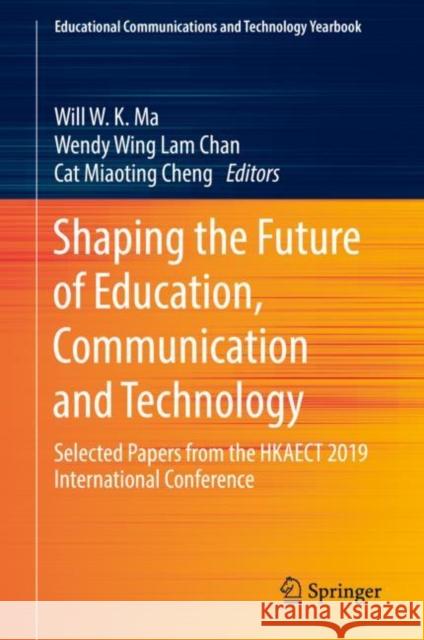Shaping the Future of Education, Communication and Technology: Selected Papers from the Hkaect 2019 International Conference » książka
topmenu
Shaping the Future of Education, Communication and Technology: Selected Papers from the Hkaect 2019 International Conference
ISBN-13: 9789811366802 / Angielski / Twarda / 2019 / 249 str.
Shaping the Future of Education, Communication and Technology: Selected Papers from the Hkaect 2019 International Conference
ISBN-13: 9789811366802 / Angielski / Twarda / 2019 / 249 str.
cena 603,81
(netto: 575,06 VAT: 5%)
Najniższa cena z 30 dni: 578,30
(netto: 575,06 VAT: 5%)
Najniższa cena z 30 dni: 578,30
Termin realizacji zamówienia:
ok. 16-18 dni roboczych.
ok. 16-18 dni roboczych.
Darmowa dostawa!
Kategorie:
Kategorie BISAC:
Wydawca:
Springer
Seria wydawnicza:
Język:
Angielski
ISBN-13:
9789811366802
Rok wydania:
2019
Wydanie:
2019
Ilość stron:
249
Waga:
0.54 kg
Wymiary:
23.39 x 15.6 x 1.6
Oprawa:
Twarda
Wolumenów:
01
Dodatkowe informacje:
Wydanie ilustrowane











